If you have been injured offshore on a ship or boat, get help from one of our experienced Everett injury attorneys here at Russell & Hill – Injury & Accident Attorneys. Our team has worked on ships at sea, and are uniquely aware of the dangers of the job, and the complexities of the law that protects injured seamen.
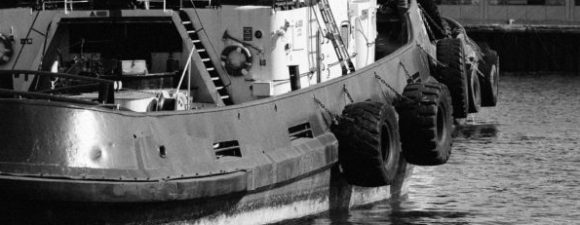
We have office locations all over Snohomish and Spokane County, serving the residents of Seattle, Everett, and Spokane. If you have been injured, our team will help you understand the benefits you are entitled to and will work to get you the most for your injury. You worked hard, doing one of the most dangerous jobs in the world. You deserve compensation for your Offshore Injury. We can help.
Call 425-212-9165 for a free consultation or fill out our free Maritime Injury consultation form.
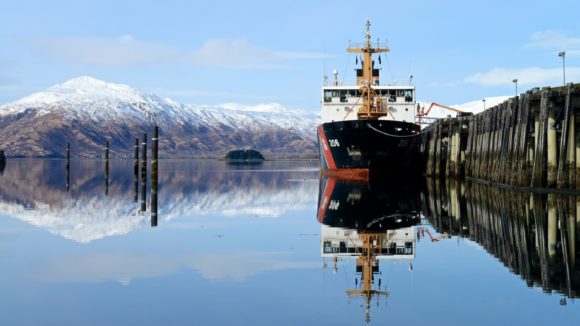
Seattle and the Everett are home to some of the busiest ports on the west coast. The Washington ferry system is a key component of our highways, connecting the mainland to the numerous beautiful islands and peninsulas. Fishermen, cargo ship crew members, and other seamen call our area home as they venture out to sea on fishing vessels, cargo ships, cruise ships and recreational boating.
Throughout the Northwest, in Seattle, Oak Harbor, Bremerton, Everett, Tacoma, maritime workers risk injury and disability performing some of the most dangerous jobs in the world. A maritime employer’s negligence, or the unseaworthiness of a vessel, can lead to catastrophic injuries that can leave you faced with enormous medical bills, lost wages, and lost earning potential.
Here in the Puget Sound, we enjoy excellent recreational fishing and boating. Unfortunately, high boat traffic can lead to collisions and injuries. In such situations, it is important to ensure you receive the medical treatment and compensation you are entitled to.
Claims against common carriers and recreational boat operators require the injured person to show the following elements.
If you have been injured on a recreational boat, and believe you have the above elements to your claim, contact our Maritime Injury Attorneys.
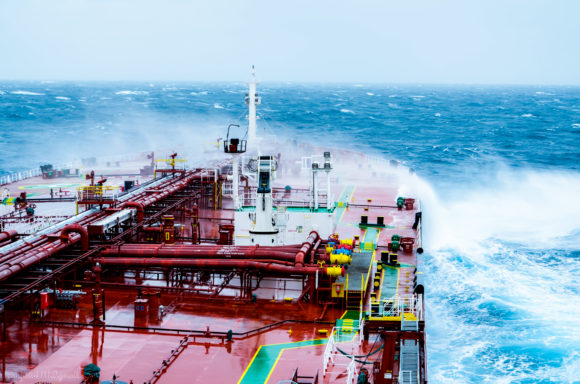
If you are employed in the maritime industry, there are a unique set of laws and requirements that govern the benefits available to you if you are injured on the job. If you have been injured, and need help from a Maritime or Offshore Personal Injury attorney, the first step is understanding the 2 different categories of Maritime workers and the area of law that applies to them.
Anyone who works on or around water may be a maritime worker.
They fall into two categories, longshoremen or seamen. While you may switch categories within your employment, you cannot be both at the same time. Which category applies to your employment will determine what rights and remedies your have under maritime law.
Hard working, stalwart men and women that keep our ports and waterways running smoothly. This category includes stevedores, harbor-workers, ship repairmen, shipbuilders, ship-breakers, and even some marine construction workers.
The strong, resilient men and women who brave the seas as crewmembers aboard ships are referred to as Seamen. They take on some of the most challenging, dangerous jobs in the world, and are at high risk for injury due to employer negligence and/or the unseaworthiness of the ship.
To qualify as a seaman under the law, and to claim maritime specific benefits, you must be able to prove that you were employed on a ship on navigable waters. For example, a deckhand on a fishing vessel, a cruise ship steward, a fish processor in a factory at sea, a ship’s engineer, ferry workers, etc.
While most seaman injuries occur offshore while aboard the ship, this is not a requirement for application of the above maritime laws. Injuries that occur onshore may also be covered. One such situation is a seaman who is injured while on shore to conduct the ship’s business, such as running errands for parts or supplies.
While these two categories of maritime workers may seem distinct, some employment falls into a gray area between the two. One such situation may be a maritime construction worker. For example, a worker who operates a dredge attached to a floating barge would likely be considered a seaman. His employer may be a construction company and he may also operate land-based machinery, but his work aboard the barge is maritime in nature. As the laws applicable to your injury affect your rights and remedies, it is important to have the right counsel to guide you through the murky waters of maritime employment injuries.
If you are unsure whether your workplace injury qualified as longshoremen or seaman, contact our maritime attorney to ensure that your rights are protected.
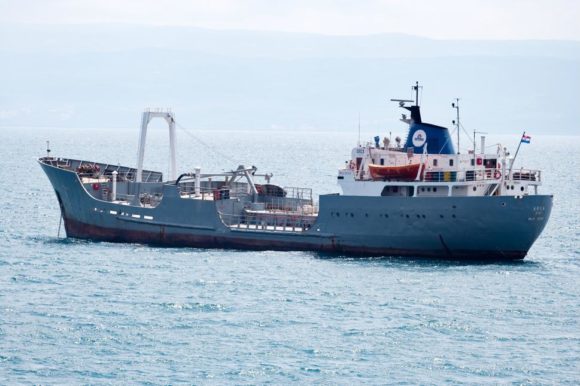
Longshoremen injured on the job have the rights and remedies available to them under the United States Longshore and Harbor Workers’ Compensation Act (LHWCA or USL&H). This Act provides speedy wage replacement while the longshoreman is treating and recovering from his injury. Additionally, it covers medical costs and disability. These remedies can be administered quickly, however, the Act does not provide longshoremen with an action against their employer for negligence causing the injury. In limited circumstances, there may be a cause of action against the shipowner for longshoremen injured aboard a ship that is not owned by their employer.
The following statutes and common law apply to seamen injured in the course of their employment.
The Jones Act provides seamen with a cause of action against their employer for negligence causing an injury. The general maritime law doctrine of unseaworthiness provides seamen with a cause of action against the shipowner for injuries due to an unseaworthy condition on a vessel. Finally, the doctrine of maintenance and cure provides seamen who become injured or ill while working aboard a vessel with medical treatment costs and a daily stipend while they are recovering on shore.
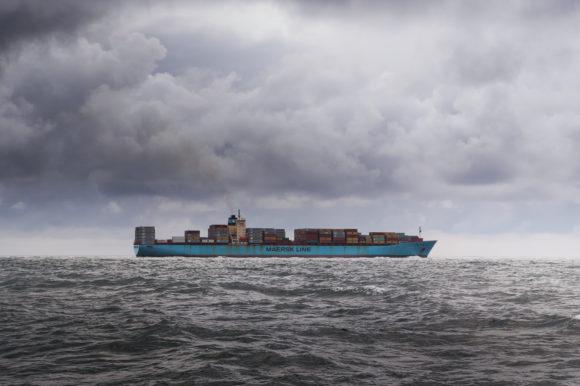
A seaman injured in the course of his/her employment may recover his unearned wages, maintenance and cure, lost wages, future medical expenses, pain and suffering, and in some cases, punitive damages.
A seaman who becomes injured or ill while working aboard a ship (or onshore in the course of his employment) can recover the wages he would have earned if he completed his contract or the remainder of the trip.
Maritime employers must pay the medical treatment costs for seamen who become injured or ill aboard the ship (called “cure”). The seaman is entitled to a daily stipend (called “maintenance”) from the time he leaves the vessel for treatment on shore. Maintenance continues until the seaman returns to work, or reaches maximum medical improvement. That is, until the seaman is as recovered as he can be.
A seaman may obtain wages lost due to an injury. Lost wages are those the seaman would have earned if he continued his employment beyond the trip of injury or his employment contract. This includes future wage loss for a seaman whose injury permanently prevents him from returning to his maritime employment.
While cure covers a seaman’s initial medical treatment, he may require future treatment beyond the point of maximum medical improvement and/or beyond the time a claim is resolved. In such a situation, the seaman can seek compensation to cover his future medical costs.
An injured seaman can recover for the physical pain and emotional distress caused by a personal injury. These damages are not available to longshoremen under the LHWCA.
The damages discussed above are purposed to repair a wrong that was done and return the seaman to his pre-injury state. On the other hand, punitive damages are purposed to punish the wrongdoer and deter future misconduct. In Washington State, punitive damages are generally not recoverable for a personal injury. However, under the general maritime law, punitive damages are available in two circumstances.
The laws applicable to maritime personal injuries are unique and complex. As an injured seaman, it is important to know your rights and the compensation available to you. Our Maritime, Offshore, and Jones Act personal injury attorneys understand the laws applicable to seamen and can help you get the most from your employer and their insurance company.
If you were injured aboard a vessel, contact us today for a free consultation.

Settlement
Auto Accident
Settlement
Auto Accident
Settlement
Auto Accident
Settlement
Wrongful Death
Settlement
Auto Accident
Settlement
Slip & Fall
Settlement
Auto Accident
Settlement
Slip & Fall
If you would like more information or would like to talk to us about how we could help you.
Have questions or need personalized legal assistance? Reach out to us at [email protected], and we’ll discuss how we can support you every step of the way.
9212 E Montgomery Ave Suite 401-5, Spokane Valley, WA 99206
(800) 529-0842 Get Directions